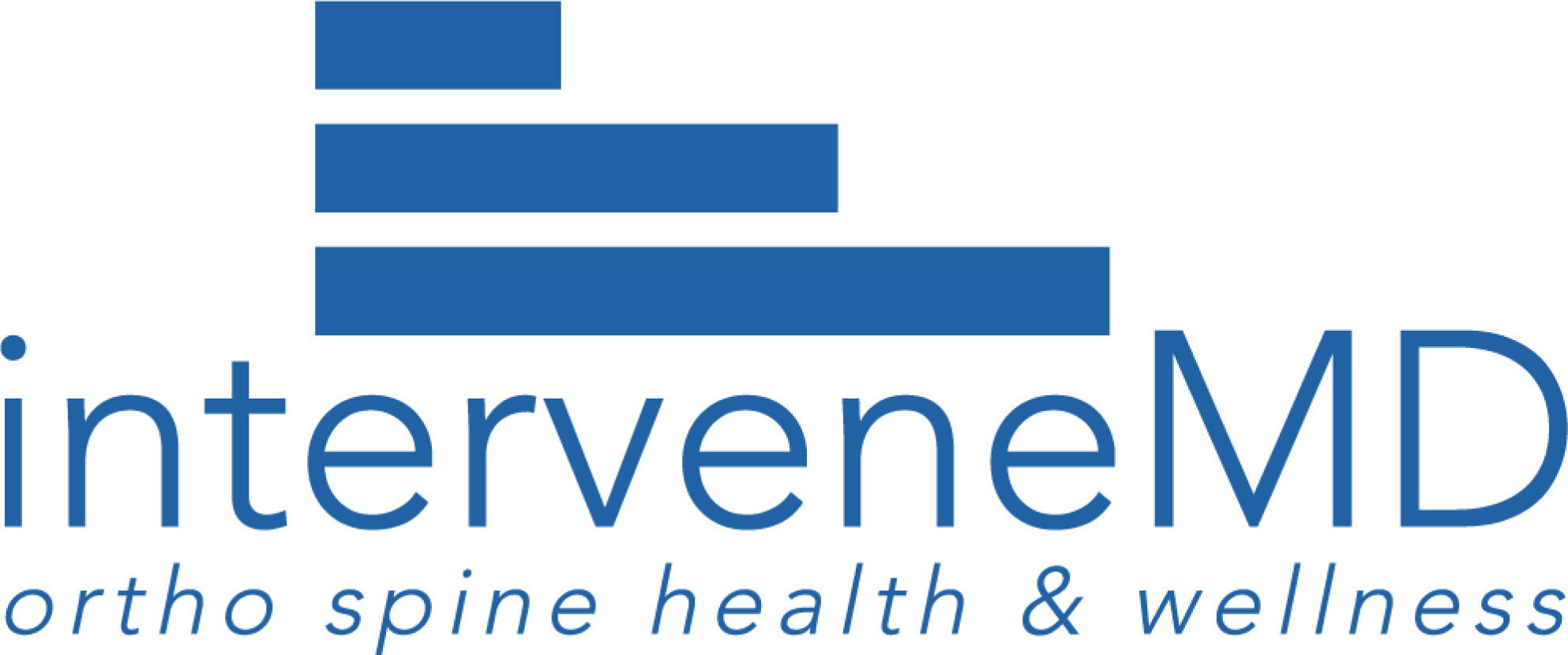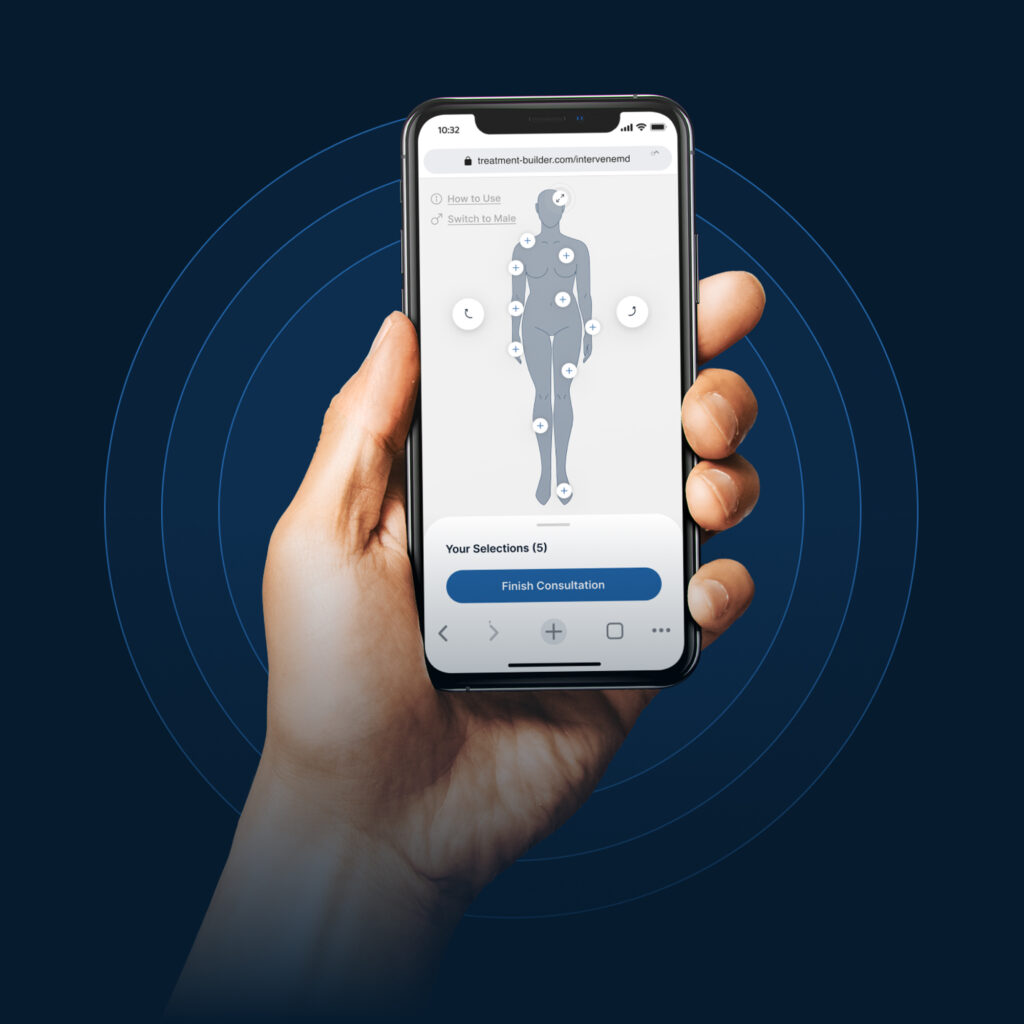
This is a concept not often taught to chronic pain patients because most Americans these days are overweight. However, recently, there has been added interest in the role protein plays in regulating pain.
Amino acids are the building blocks of protein and are critical to life as the foundation for muscle, bone, hormones, growth, development, and immunity (to fight off infections). They are also pivotal in pain management because the main chemicals that carry pain signals in the nervous system are produced almost entirely by specific amino acids. Increasing the levels of these amino acids in the body can not only lower pain within a few days but also boost the effect of pain medications.
An easy way to get these amino acids into your body is to increase the protein in your diet. This would include meat, fish, poultry, eggs, dairy, green vegetables, beans, soy, and nuts, with the highest protein content falling into meats, eggs, and dairy. Most chronic pain patients tend to eat foods that are high in sugars and starches (carbohydrates) or fats and are relatively protein-starved. Even though the Recommended Daily Allowance (RDA) for protein is 56 grams a day for men and 46 grams a day for women, some experts estimate that chronic pain patients need at least 100 grams of protein every day in order to keep an adequate storage of these important amino acids.
In addition to potentially lowering pain, high-protein diets (plus exercise) are emerging as the new trend in weight control and lowering blood fat (lipid) levels. Experts familiar with these diets suggest a daily intake of about 120 grams of protein per day.
There are no dangers associated with a high-protein diet unless you have kidney disease. But remember to check with your doctor before making significant changes to your diet.


